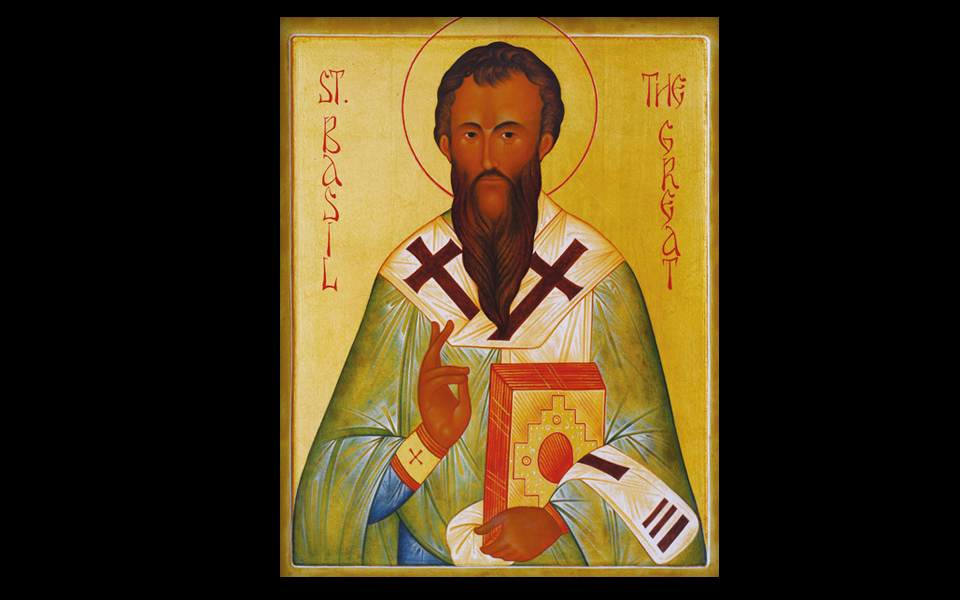Christmas in Epirus
Whether it’s the charming town of...

Besides the birth of the divine child, the Christian tradition, especially the version prevailing in the entire western world, also marks Christmas with the arrival of a kindhearted old man, white-haired yet active and dressed in red, who offers gifts to children with abundant joy. However, this special friend of children is not the same everywhere. In central and northern Europe, he is known as Santa Claus, the region’s Saint Nicholas presented as a variation of the Dutch interpretation, while, in Italy, home of the Roman Catholic Church, the legendary character is portrayed as Babbo Natale, the Christmas grandfather, with references to Saint Nicholas and influencing many countries with Catholic communities, including the USA.
In the Orthodox world, especially Greece, this lovable old man is personified as Saint Basil (Aghios Vasileios). This difference may seem slightly odd but the saints actually share many similarities. Both saints served as senior bishops in their respective Asia Minor regions – Saint Nicholas in Myra, Lycia, during the early 4th century, and Saint Basil in Caesarea, Cappadocia, later in that century. Both are considered guardians of children but each is more renowned for other special qualities – Saint Nicholas as a patron of sailors and the poor, and Saint Basil, one of the Three Hierarchs, as a patron of letters and education. Also, the identification, or selection, of Saint Basil by Orthodox Christians was also aided by the fact that his name day is celebrated during the festive season, on January 1.
Regardless of the saint’s name or personification, this goodhearted figure represents a secret passion for children in Greece as well, quite simply because Saint Basil is synonymous with the biggest, and most, presents received in the year, as well as the pocket-money received, either as a festive season gift or reward for traditional kalanda (carols) sung by youngsters on Christmas Eve, New Year and Epiphany (January 6) celebrations. Strong evidence suggests that the tradition of both carols and gifts can be traced back to customs of older times, even the classical period of ancient Greece. The festive season’s traditional customs in Greece are manifested in a variety of ways and events throughout most parts of the country.
Whether it’s the charming town of...
Mischievous Greek goblins, the Kallikantzaroi emerge...